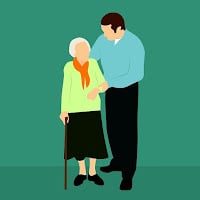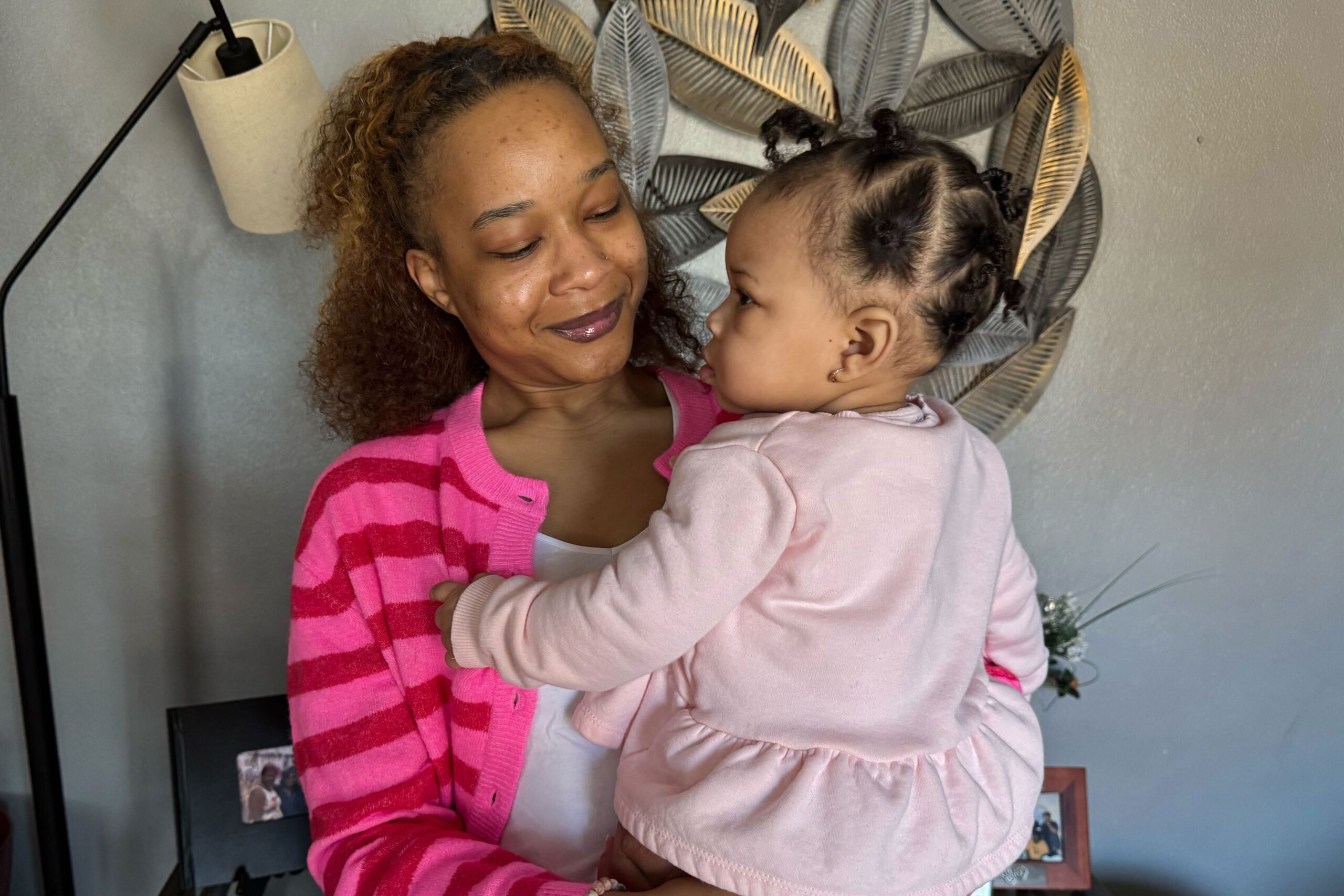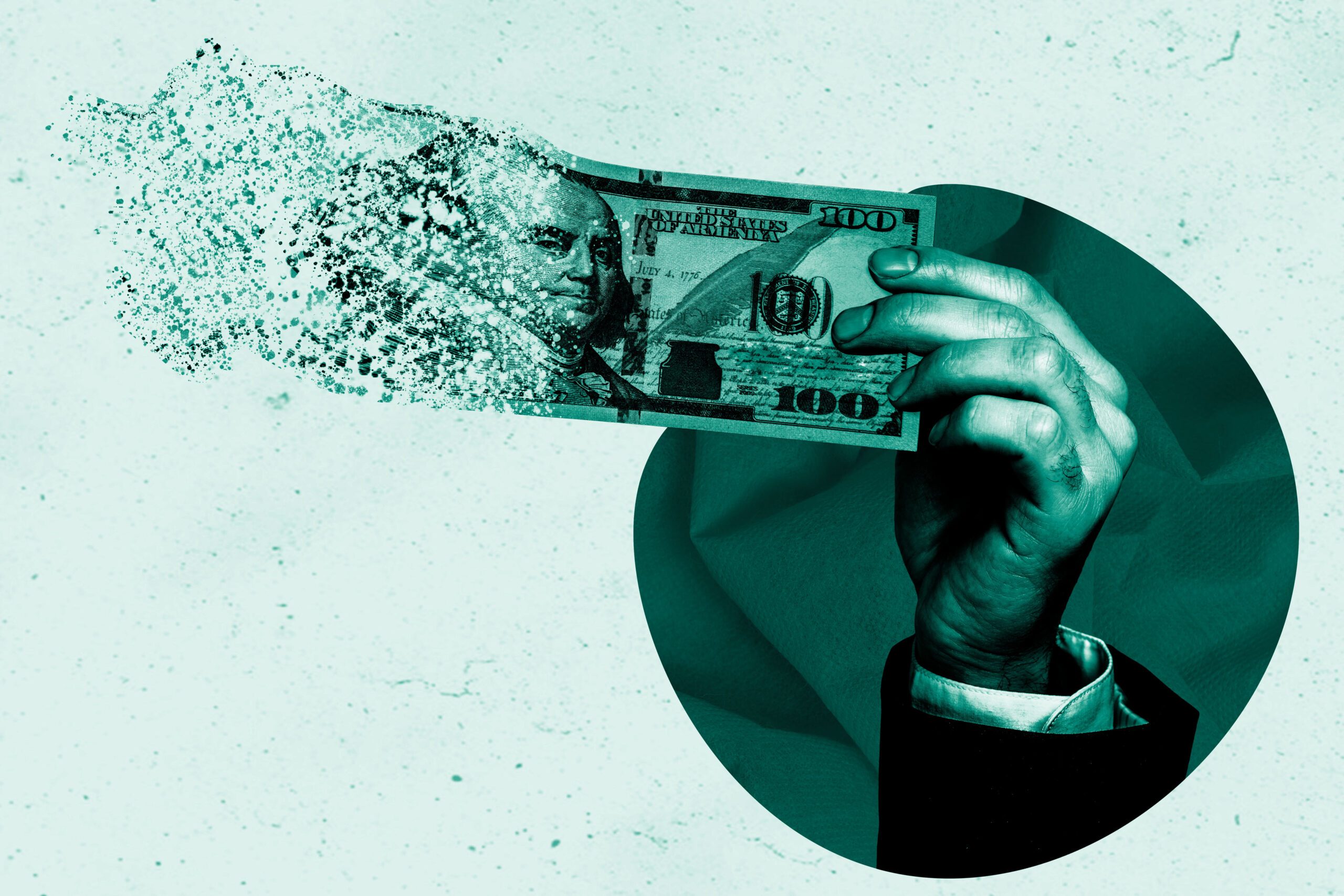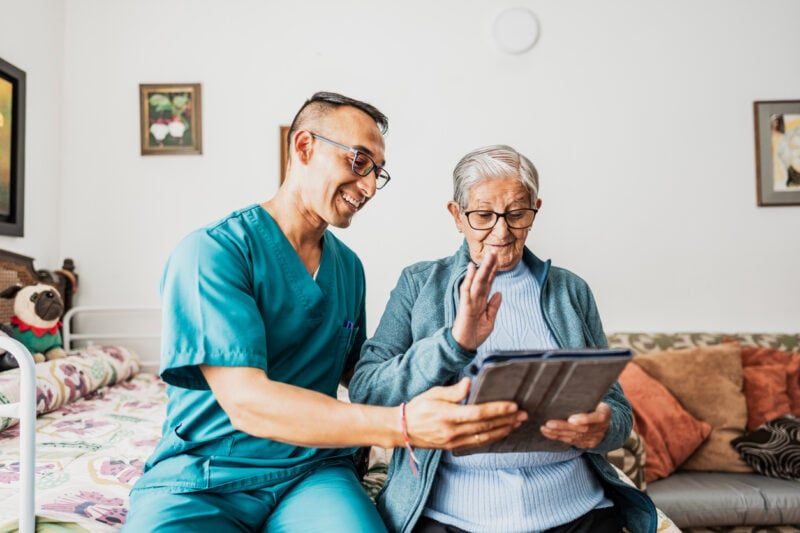It’s time to stop relying on professionals to achieve the life you want.
If you take control of your mental health, you can make great strides regardless of the quality of care you receive from the “experts”.
You can significantly reduce the time you spend suffering and gain a newfound belief and confidence in yourself.
How empowering would it be to have an active role in your recovery?
Mental health is one of the least funded areas of healthcare. The quality of treatment varies wildly, and we can’t always rely on help from outside sources.
You have to do all you can to help yourself, and the first step is identifying the mistakes you are currently making.
1. Not sleeping enough.
On average, we need 8 hours of sleep per night. Sleep reduces stress. How often have you gone to bed anxious over a seemingly unsolvable problem and woken up feeling calm and focused?
The old cliche “things will look better in the morning” holds truth.
If I don’t sleep enough, I feel like a depressed zombie the next day. I can’t think clearly, achieve little, and I am short-tempered.
What to do: Inject quality and quantity into your sleep schedule. Make sure you get 7–8 hours per night and make your environment conducive to relaxation. Take the tv out of your bedroom, and add soothing colors.
Forget the “wake up at 5 am” crowd if this doesn’t work for you. I wake up at 11 am and go to bed at 2:30 am daily. I get the benefits of waking up early by going to bed late. Some of us are just night owls, and cliches and “one size fits all” solutions rarely hold weight.
To build a better sleep routine, go here.
2. Searching for doom and gloom.
It’s one thing to be realistic about the world’s problems, but you don’t have to actively seek them out, especially if you’re the kind of person who worries about things you can’t control.
Consuming social media contributes significantly to anxiety and depression. The media also encourages a feeling of helplessness because you can’t do anything to solve these macro issues.
Comparing yourself to the perfect lives depicted on Instagram is a surefire route to misery. No one can achieve those standards, not even the person pretending.
When I feel low, I tend to spiral and seek out more negative things. This destructive habit causes a feeling of overwhelm as I intentionally find more horrific stories. I don’t know why I do this, but I believe it’s to justify my unhappiness.
What to do: Cut out the doomscrolling. Stop wallowing in the pit of despair that the media create for you. Instead, surround yourself with positivity.
Keep a log of quotes and stories that inspire you. Change your computer wallpaper to a motivational image. Keep incense or other beautiful smells in your home.
None of this is putting your head in the sand. We all have problems of our own, but by blotting out the noise, the stuff we can’t influence, we can focus more intently on the thing that matters — our own life.
3. Overlooking your symptoms and ignoring your feelings.
Those frequent headaches, disturbed sleep, and low mood won’t go away by you ignoring them. They’ll only get worse.
If you avoid basic symptoms, the problems grow over time. Eventually, you’ll develop complications, and getting better will be much more difficult.
You need to process your feelings
When I was a police officer, I ignored how I felt. After a horrifying incident that led to me developing PTSD, I cried in private and carried on working.
One trauma piled on top of another, and eventually, I broke. All the old demons that I had ignored and suppressed returned to haunt me in a decade-long depression which culminated in suicidal thoughts and a stay in a mental hospital.
If I had taken notice of my feelings early on, the toll on my life and the lives of those around me may have been substantially less.
What to do: Take time every day to check in with yourself. Recognize how you’re feeling and why.
These questions may help: Are you happy with who you are? Do you feel you have a purpose in life? Are you open-minded and receptive to new people and ideas?
Also, talk to someone you trust. It’s ok not to be ok.
4. Judging yourself for emotions.
Everyone experiences the entire gamut of human emotion. Contrary to what “masculine Twitter” may say, you aren’t weak if you feel sad, angry, or anxious.
I judged myself terribly as a police officer. There were other police at every scene that ultimately broke me. Yet they all looked fine.
I broke a door down once and bumped into a young man who had hanged himself. He had been there for two weeks.
I tried not to vomit and supported his weight as we cut him down. The shock, sights, and sounds were overwhelming, yet I did my job.
As I was feeling weak in the knees and trying to look brave, my colleague started eating a snack. The message was clear — “this scene affected me so little I feel hungry.” I still remember his smirk as he ate his crisps.
Now, in hindsight, I can see he was compensating for his own feelings of horror. Like me, he was suppressing them, but in a way that seemed insensitive and uncaring.
Part of my Depression resulted from feeling like a coward. I tried to be “Robocop” but forgot my humanity that refused to go away.
What to do: Try to be as understanding and compassionate with yourself as you would if your close family member was feeling the same way. Feel without judgment.
Ask yourself why you feel that way, acknowledge you are allowed those feelings, and forgive yourself.
5. Using unhealthy coping mechanisms.
You may be tempted to use alcohol or drugs to overcome your emotional pain.
These things may provide short relief, but in the long run, they will become huge problems in their own right.
I used to compensate for my pain with alcohol. I would only drink on my days off but go to clubs with my friend and get paralytic.
I’ve lost count of the times I have woken up in alleyways, covered in puke. Sometimes I couldn’t remember how I made it home as I woke up fully dressed on the floor.
It worked for a while — by obliterating my ability to think, I couldn’t feel the pain of my trauma. Until one day, it all went wrong.
I was drunk out of my mind in a club when everyone lost their heads. All I could see were headless zombies. My traumas came flooding in, and I rushed to escape.
After a few hours, I returned to normality, but I realized the solution to my problems wasn’t found at the bottom of a bottle.
I never drank again.
What to do: If you struggle to cope with your emotions, replace alcohol and drugs with exercise. This could be as simple as taking a walk outside. Document your thoughts in a journal, create something, listen to music, read or find a new hobby.
If these ideas seem overwhelming, do one at a time and slowly build up. Going on a short walk is like medicine.
6. Using avoidance.
As humans, we naturally learn how to avoid pain and loss. Often, this serves us well. We don’t stand in the middle of a busy road and confront cars…
When it comes to mental health, avoidance is a problem. If I don’t clean my house, it gets dirtier. Avoidance grows like a snowball, gathering momentum down a hill.
You end up in a prison of your own making.
How does it make sense to fear being judged by others, so you avoid all social contact? The cure becomes the disease.
Avoidance is a big thing when it comes to my PTSD. It’s a vital diagnostic criterion. While I confront most things in my life head-on, when it comes to PTSD, I avoid the entire city where I used to police. I haven’t been there in years.
I have taken baby steps. I force myself to go out sometimes even though I am most comfortable at home. I force myself to write even when I have a low mood.
It’s ok to have vulnerabilities still.
What to do: I feel slightly fraudulent writing this part because I haven’t conquered my avoidance issues. The solution is “just do it,” but build up slowly. Create a mental ladder where the top rung is your ultimate goal. Then break it down into small steps as to how you’ll get there.
By the time you get near the top, you’ll already have made significant progress.
7. Not seeking professional help when needed.
Ultimately, there’s a limit to what we can do for ourselves. Mental illness will almost always require input from a professional — only they can diagnose you, prescribe medication, or offer therapy.
Just because you can do many things to help yourself doesn’t mean there is no place for a professional.
The best results happen when someone has the fighting spirit to help themselves while not being afraid to ask for help when needed.
—
This post was previously published on MEDIUM.COM.
***
You may also like these posts on The Good Men Project:
 White Fragility: Talking to White People About Racism
White Fragility: Talking to White People About Racism  Escape the “Act Like a Man” Box
Escape the “Act Like a Man” Box  The Lack of Gentle Platonic Touch in Men’s Lives is a Killer
The Lack of Gentle Platonic Touch in Men’s Lives is a Killer  What We Talk About When We Talk About Men
What We Talk About When We Talk About Men Join The Good Men Project as a Premium Member today.
All Premium Members get to view The Good Men Project with NO ADS.
A $50 annual membership gives you an all access pass. You can be a part of every call, group, class and community.
A $25 annual membership gives you access to one class, one Social Interest group and our online communities.
A $12 annual membership gives you access to our Friday calls with the publisher, our online community.
Register New Account
Log in if you wish to renew an existing subscription.
Username
First Name
Last Name
Password
Password Again
Choose your subscription level
- Yearly - $50.00 - 1 Year
- Monthly - $6.99 - 1 Month
Credit / Debit Card PayPal Choose Your Payment Method
Auto Renew
Subscribe to The Good Men Project Daily Newsletter By completing this registration form, you are also agreeing to our Terms of Service which can be found here.Need more info? A complete list of benefits is here.
—
Photo credit: iStock.com
The post 7 Mistakes You Make That Are Destroying Your Mental Health appeared first on The Good Men Project.
Original Article










